Bitweaver
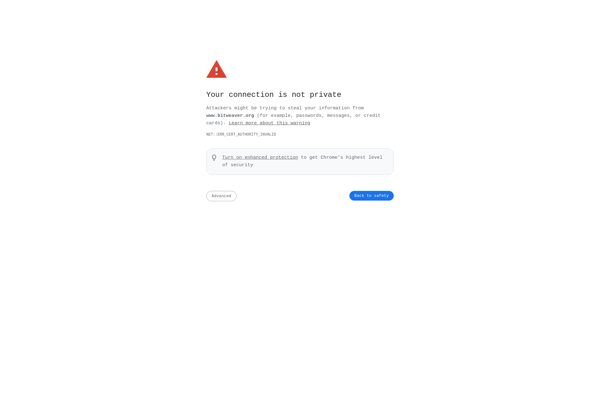
Bitweaver: Open Source CMS & Web Framework
An open source content management system and web application framework written in PHP, providing flexibility, extensibility, and ease of use for creating and managing web sites and applications.
What is Bitweaver?
Bitweaver is an open source content management system and web application framework written in PHP. It provides users with tools to easily create, edit, manage, and publish content on the web without needing expertise in web development or programming.
Some key features of Bitweaver include:
- Intuitive interface and dashboard for managing content, users, extensions, settings, etc.
- Drag-and-drop interface for quickly building web pages
- Support for custom content types, taxonomies, menus, widgets
- Flexible templating system and theme framework for customizing the look and feel of sites
- User access control and permissions system
- Extensive plugin architecture and library to extend functionality
- SEO-optimized including support for clean URLs, meta tags, sitemaps etc.
- Built-in image gallery, contact forms, social media integration and more
Bitweaver focuses on being user-friendly for beginners but extensible for developers. It aims to provide site owners with a flexible foundation for building all types of websites without needing to write code.
Bitweaver Features
Features
- Modular architecture
- Plugin system
- Template engine
- User management
- Permissions system
- WYSIWYG editor
- Multilingual support
- SEO optimization
- Responsive design
Pricing
- Open Source
Pros
Cons
Official Links
Reviews & Ratings
Login to ReviewThe Best Bitweaver Alternatives
Top Development and Content Management Systems and other similar apps like Bitweaver
Here are some alternatives to Bitweaver:
Suggest an alternative ❐Node.js
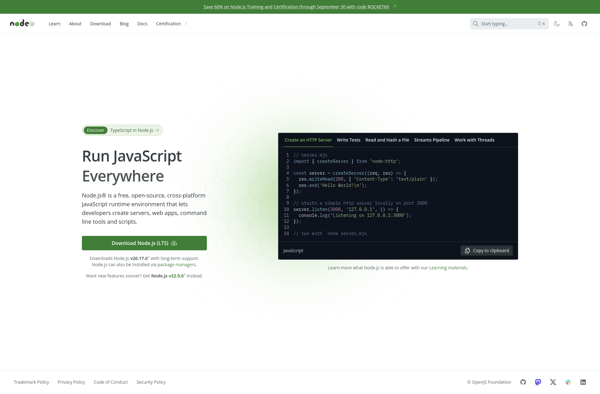
Zend Framework

Symfony

Flask
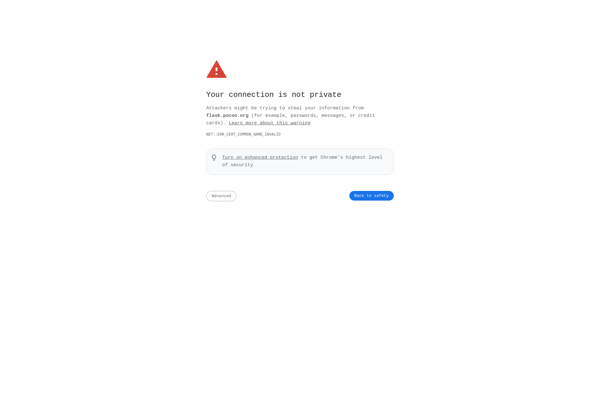
Ruby on Rails

Play!
Web2py
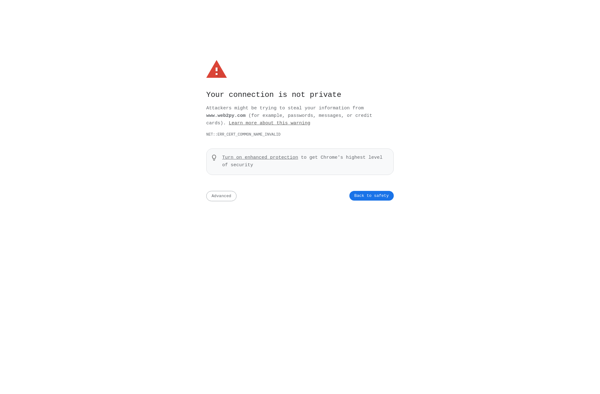
Agile Toolkit

CakePHP
